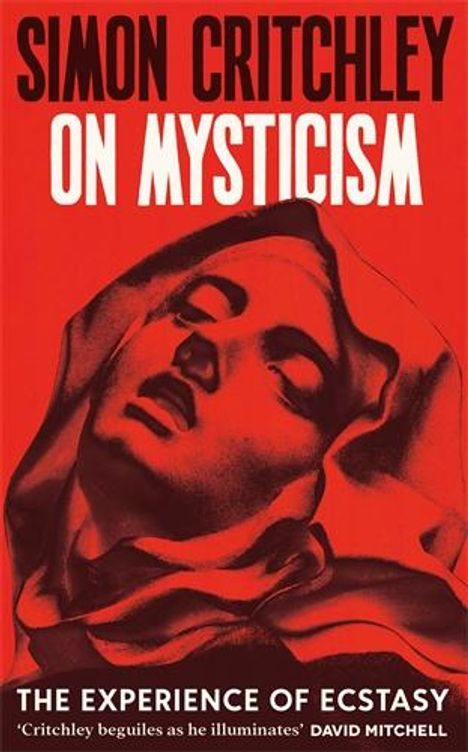Simon Critchley: On Mysticism, Kartoniert / Broschiert
On Mysticism
- The Experience of Ecstasy
- Verlag:
- Profile Books, 07/2025
- Einband:
- Kartoniert / Broschiert
- Sprache:
- Englisch
- ISBN-13:
- 9781800816947
- Artikelnummer:
- 12195191
- Umfang:
- 325 Seiten
- Ausgabe:
- Main
- Gewicht:
- 280 g
- Maße:
- 198 x 129 mm
- Stärke:
- 24 mm
- Erscheinungstermin:
- 3.7.2025
- Hinweis
-
Achtung: Artikel ist nicht in deutscher Sprache!
Klappentext
Chosen by Andrew Miller as a Book of the Year in the Daily Mail
'A significant and courageous invitation to think again about the kinds of thinking that matter; the kinds of thinking that keep us awake' Rowan Williams
Mysticism has been called 'experience at its most intense form', and here philosopher Simon Critchley asks: wouldn't you like to taste this intensity? Wouldn't you like to be lifted up and out of yourself?
Mysticism is not a question of religious belief but of felt experience and daily practice. It is a way of freeing yourself of your standard habits, fancies and imagining so as to see what is there and stand with what is there ecstatically . It is the achievement of a fluid openness between thought and existence.
This is a book about Julian of Norwich and medieval mystics that also ranges through the work of Anne Carson, Annie Dillard and T. S. Eliot. It looks at Nick Cave and German krautrock and shows how music can be secular worship. It opens the door to mysticism not as something unworldly and unimaginable, but as a way of life.
Biografie
Simon Critchley (geb. 1960 in England) ist Philosoph und lehrt an der New School for Social Research in New York. Sein Interesse kreist um das Verhältnis von Philosophie und Politik, das Problem der Verantwortung und des Handelns sowie den philosophischen Rang von Dichtung und Literatur. Immer wieder beschäftigt er sich mit der von gegenseitigem Mißtrauen beherrschten Kontroverse zwischen »kontinentaleuropäischer« und analytischer »angelsächsischer« Philosophie. Zwischen 1998 und 2004 war er Programmdirektoram Collège International de Philosophie in Paris und zudem mehrmals Humboldt-Stipendiat an der Universität Frankfurt.

